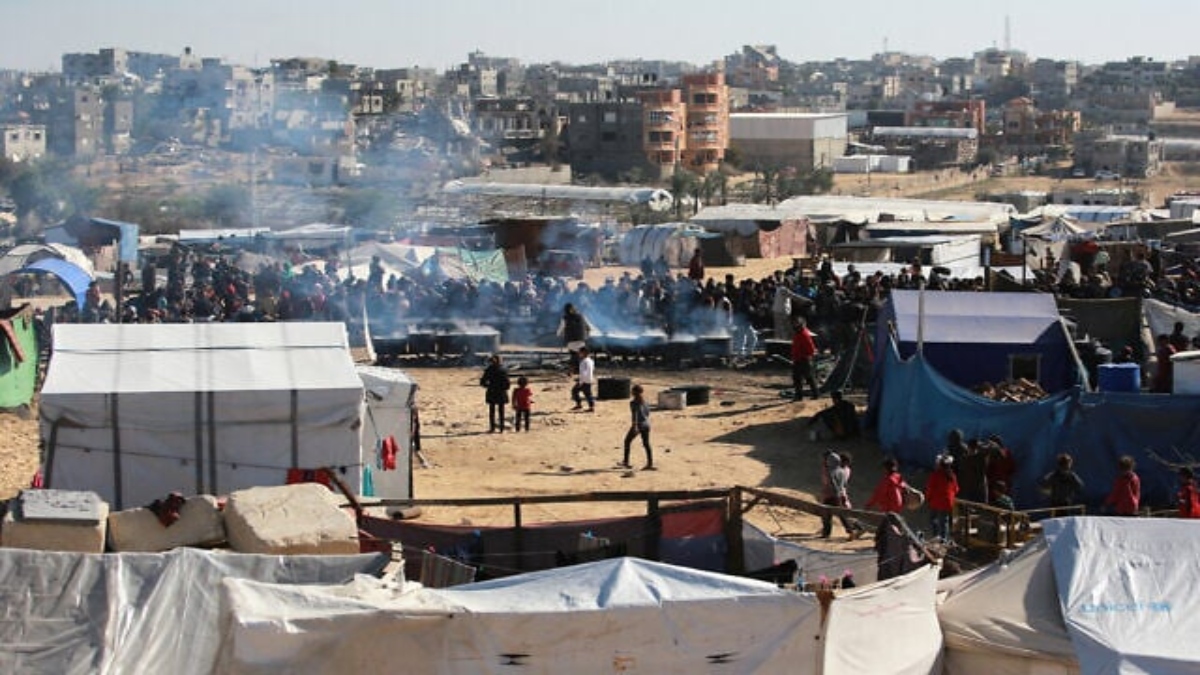Hamas is showing some flexibility in hostage negotiations, according to a The Times of Israel report, citing an Israeli official.
According to the report, the terror group recognises that any deal will involve a ceasefire, though not an end to the war, at least in the first phase.
The official attributes this shift to diplomatic and military pressure, as well as Hamas’s growing isolation.
“Will that be enough to lead to a deal? We don’t know. In the end, the ball is in Hamas’s court,” The Times of Israel quoted the official as saying.
Hamas has previously insisted that it would not agree to any deal that does not guarantee an end to the war.
However, Arab and Israeli officials reported on Tuesday that the group has shown flexibility regarding the terms of the IDF’s withdrawal from Gaza. It appears Hamas is now willing to allow Israeli troops to remain in the key Philadelphi and Netzarim corridors during the initial phase of the deal, despite its previous demands for an immediate pullout from these areas.
“If Hamas says, ‘Come to a deal now,’ there will be a deal today,” the official was quoted as saying, adding that there are currently “open conversations” among working groups in Qatar. An Israeli delegation could head to Cairo in the coming days.
Israel is engaging with both mediating countries because it remains uncertain about who will have the final say — Hamas’s leadership abroad, based in Qatar, or the group’s leadership in Gaza, which is closer to Egypt.
However, despite some positive signs, the official warned that the deal could still fall apart. “They’ve refused every deal that was offered to them in this stage. They could still get cold feet and run away from it.”
Impact Shorts
More ShortsMeanwhile, Israel is advancing a much-discussed plan to have a private American contractor provide humanitarian aid to a small area of Gaza as a pilot project, aiming to reduce Hamas’s control over the aid. “I can tell you we are in the stages where the operation will begin soon,” said the official. The initial pilot will see the contractor operating under IDF protection.
Israel has also reduced the number of trucks delivering food and supplies from private sources, including businessmen, due to the increased risk of looting by Hamas compared to trucks from NGOs, the official added.


)

)
)
)
)
)
)
)
)



